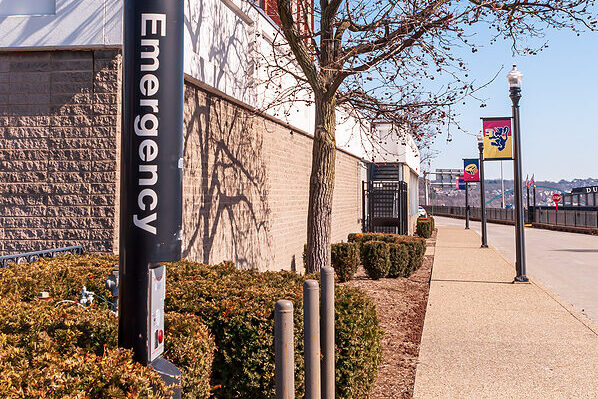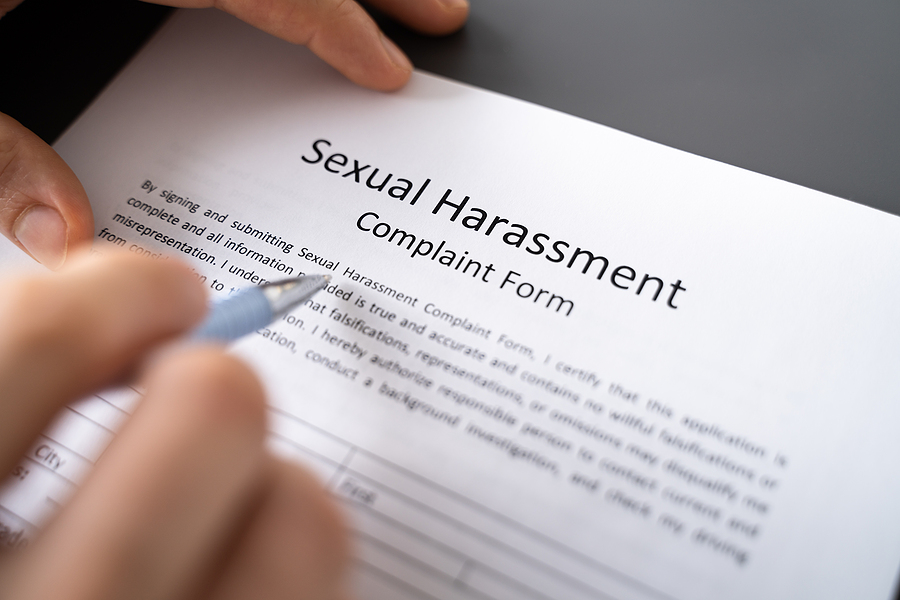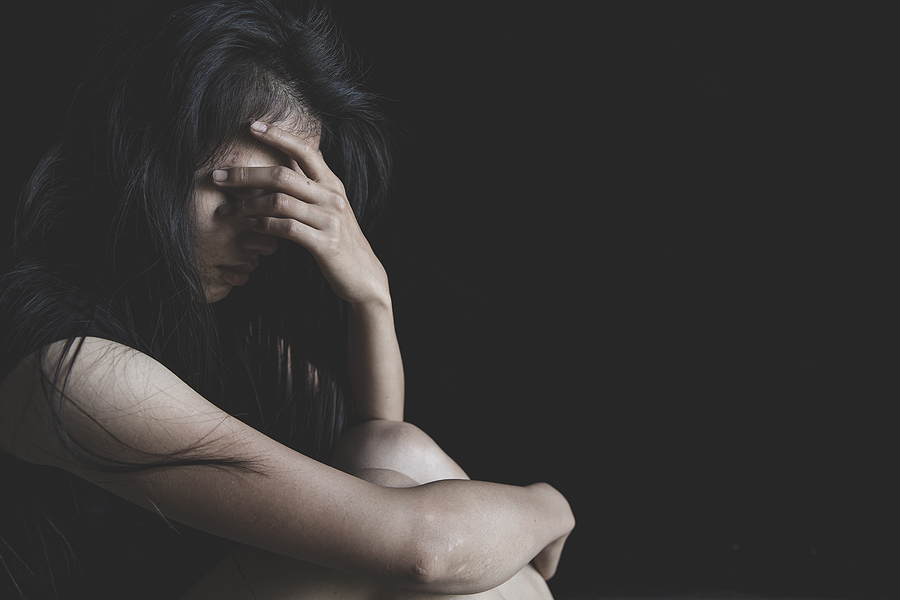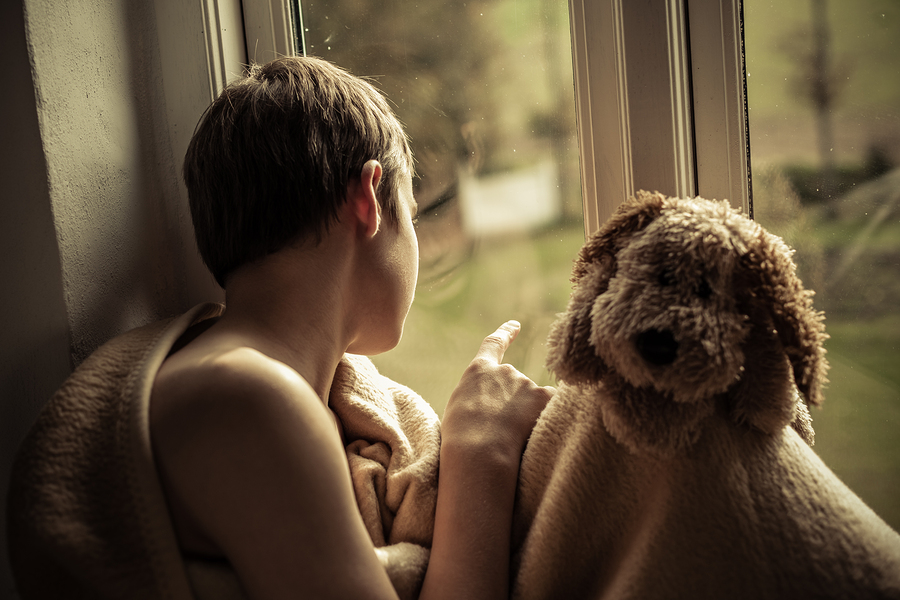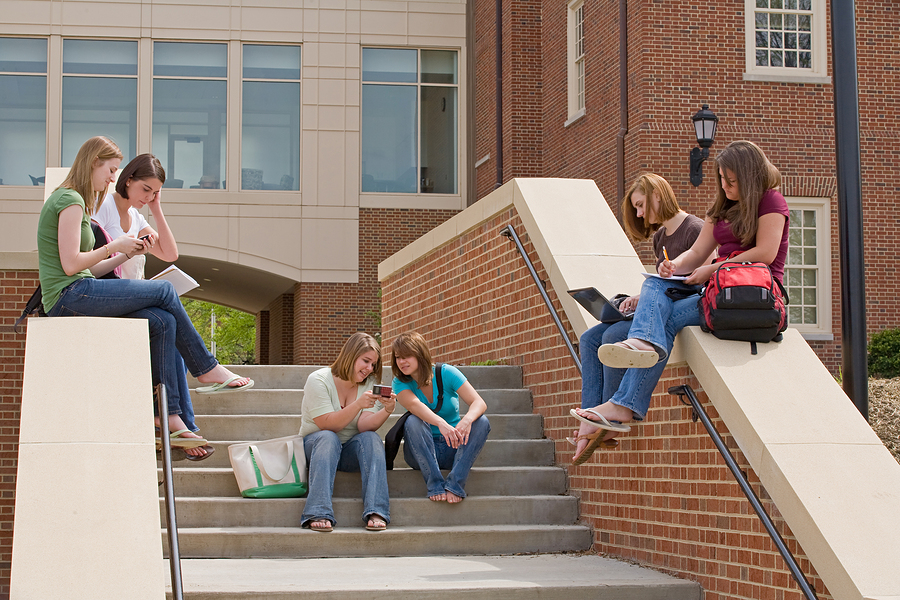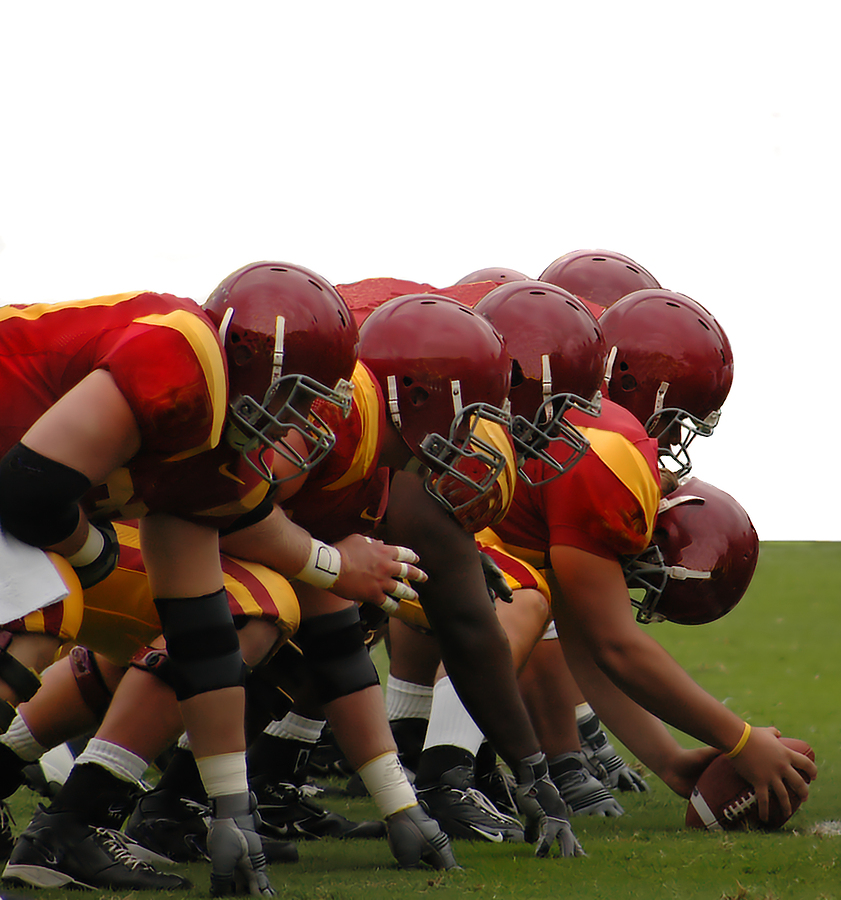The Clery Act Standards: Managing College Campus Safety and Security
All colleges and universities owe some level of care and have a duty to keep students reasonably safe while attending school and residing on campus. Colleges and universities have to plan and take proactive initiatives to minimize the incidence of violent crimes and student injury and harm resulting from college...




